Specialized Treatment for Bipolar Disorders and Addiction
Explore the fundamentals of Bipolar Disorder and gain a deep insight into its effects on mental well-being
Types of Bipolar Disorder
Bipolar Disorder Symptoms
Manic Episode Symptoms
- Elevated or irritable mood
- Decreased need for sleep
- Inflated self-esteem or grandiosity
- Rapid, excessive talking
- Racing thoughts or ideas
- Easily distracted
- Increased goal-directed activities (e.g., taking on new projects)
- Reckless behavior (e.g., excessive spending, impulsive sexual encounters)
Depressive Episode Symptoms
- Significant weight changes or appetite disturbances
- Sleep disturbances (either too much or too little)
- Fatigue or loss of energy
- Feelings of worthlessness or excessive guilt
- Difficulty concentrating or indecisiveness
- Recurrent thoughts of death or suicide
Potential Causes and Risk Factors
Statistics and Prevalence
Globally, it’s estimated that around 45 million people have bipolar disorder, making it a significant global health concern.
The Significance of Early Diagnosis and Treatment
Recognizing and treating bipolar disorder as early as possible is crucial. Detecting the condition early can result in more effective management of the condition, improving the quality of life of those affected. Effective treatment can prevent potential complications, such as impaired relationships, job losses, and the increased risk of self-harm or suicide. With the right therapeutic strategies, many individuals with bipolar disorder can lead fulfilling, productive lives. However, undiagnosed, or untreated, the disorder can wreak havoc on an individual’s personal, professional, and social life.

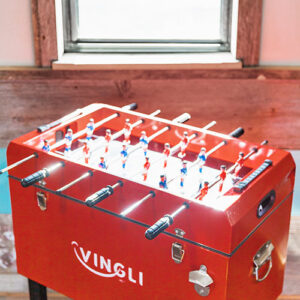





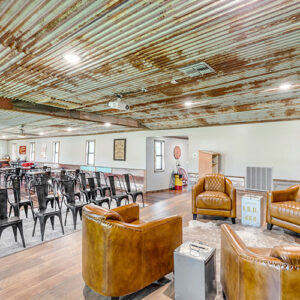




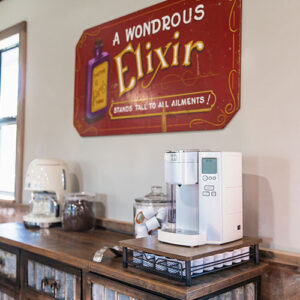




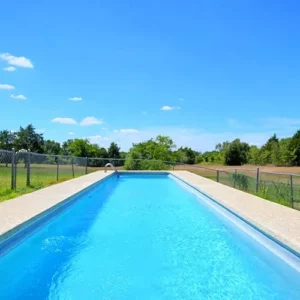

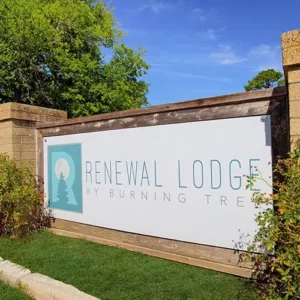


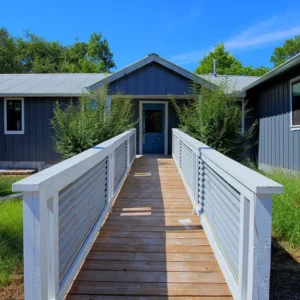
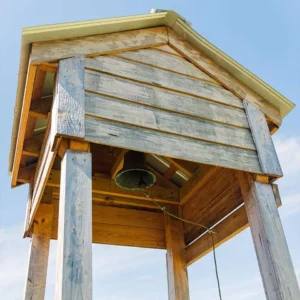
Psychotherapy Options for Bipolar Disorders
Cognitive-behavioral therapy (CBT):
Focuses on recognizing and challenging negative thought patterns, leading to more balanced behaviors and emotions.
Dialectical behavior therapy (DBT):
An adaptation of CBT, it emphasizes emotional regulation and interpersonal effectiveness, equipping patients to manage intense mood fluctuations.
Family-focused therapy:
Engages family members in the therapy process, enhancing communication skills and fostering a supportive environment for patients.
Psychoeducation:
Provides patients and their families comprehensive information about bipolar disorders, ensuring better preparation and understanding of their intricacies.
The Link Between Bipolar Disorder and Substance Use Disorder
The intersection between bipolar disorder and substance use disorder (SUD) is a complex and notable area of concern in mental health. Many individuals with bipolar disorder often turn to drugs or alcohol to self-medicate, attempting to alleviate the intense emotional highs and lows or numb the emotional pain. This self-medication hypothesis suggests that the euphoria from substances can temporarily mask depressive symptoms, while depressants might offer a short-lived relief from manic episodes.
However, this cycle often exacerbates the severity of bipolar episodes and can lead to rapid cycling between moods. Moreover, substance use can interfere with the effectiveness of psychiatric medications prescribed for bipolar disorder. Concurrently, individuals with SUDs may be at a higher risk of developing bipolar disorder due to the neurochemical changes caused by prolonged substance use. This co-occurrence, often termed “dual diagnosis,” requires specialized integrated treatment approaches, as addressing only one condition can inadvertently worsen the other. The intricate interplay between these disorders highlights the necessity for comprehensive evaluation and holistic treatment strategies.
Dual Diagnosis Treatment at Renewal Lodge
Dual Diagnosis Treatment at Renewal Lodge is a beacon of hope for individuals grappling with the intertwined challenges of bipolar and substance use disorders. By integrating evidence-based therapeutic interventions with holistic approaches, Renewal Lodge offers a sanctuary for healing, understanding, and growth. Navigating the complexities of co-occurring disorders demands specialized care, and Renewal Lodge stands at the forefront, ensuring patients receive tailored treatments that address their unique needs.
For those seeking a transformative journey toward well-being, Renewal Lodge provides the environment, expertise, and empathy crucial for recovery. Don’t let dual diagnosis dictate your life’s trajectory; take the first step towards a healthier future and contact us today.


